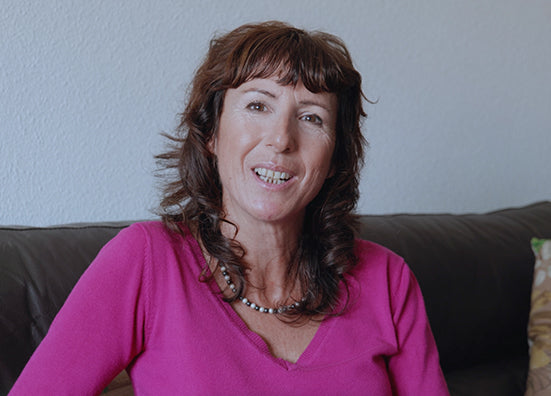Let's delve into the fascinating world of personality types. Remember, we're all beautifully unique, with our own strengths, weaknesses, and quirks - that's what makes us human, after all!
The world of psychology recognises many ways of categorising personality types, but the one that stands out for it's widespread use around the world is The Myers-Briggs Type Indicator (MBTI).
The MBTI, based on the work of Carl Jung, identifies 16 personality types based on four dichotomies: Extraversion/Introversion, Sensing/Intuition, Thinking/Feeling, and Judging/Perceiving. Each individual falls somewhere along these four spectrums, creating a unique combination that affects how we perceive and interact with the world.

Understanding these four spectrums can provide a deeper insight into your own personality and those of others around you.
Extraversion vs. Introversion
This spectrum pertains to where you primarily draw your energy from. Extroverts tend to feel energised by social interaction, enjoying a busy environment with plenty of people around. They often think as they speak and are generally outgoing and expressive.
Introverts, on the other hand, often recharge by spending time alone or in quieter environments. They prefer to think before they speak and are typically more reserved and introspective.

Sensing vs. Intuition
This dichotomy relates to how you process information. Sensors are detail-oriented; they like concrete facts, practical solutions, and tend to focus on the present. They trust what is tangible and can be experienced through their senses.
Intuitives, conversely, are more interested in possibilities and the bigger picture. They tend to focus on future possibilities, interpret information via patterns or theories, and rely more on their intuition or gut feeling.

Thinking vs. Feeling
This distinction pertains to how you make decisions. Thinkers make decisions based on logic and objective analysis. They value truth and justice, and they tend to be more task-focused rather than people-focused.
Feelers, however, make decisions based on their emotions and values. They are empathetic and considerate, often putting people's needs above other considerations. They are typically more people-focused, prioritizing harmony and cooperation.

Judging vs. Perceiving
This spectrum speaks to your approach to the outer world. Judging types prefer structure and order. They like to plan ahead, value punctuality, and tend to be systematic and organised.
Perceiving types, on the other hand, prefer to keep their options open. They're more flexible, adaptable, and spontaneous. They are typically less focused on structure and more open to changes and new information.

Understanding where you fall on these spectrums can be a process of self-reflection and observation. Think about your natural tendencies in different situations. How do you typically behave in social situations? How do you process information and make decisions? What is your approach to planning and organization?
You could also consider taking a MBTI assessment from a licensed practitioner or a reputable online source. These assessments ask a series of questions intended to identify your preferences on the four spectrums.
Remember, no type is better than another. Each type has its unique strengths and potential areas for growth. It's about understanding yourself better and leveraging your natural inclinations to lead a fulfilling life.
Understanding your personality type offers illuminating insights into why you behave the way you do. It can help you comprehend your natural inclinations, your strengths, and areas for growth. It's not about boxing yourself into a category, but rather about understanding yourself better. This knowledge can be transformative in multiple aspects of your life, including your relationships and career. For instance, if you discover you're an introvert, it might explain why you feel drained after prolonged social interactions. Similarly, understanding that you score high on conscientiousness may shed light on why you're naturally organized and detail-oriented, which can be advantageous in certain careers.
This understanding of our personality types also has remarkable implications when it comes to self-improvement and personal growth strategies, like hypnotherapy. Hypnotherapy can be tailored to suit different personality types. For instance, an extroverted individual may benefit from hypnotherapy sessions that focus on harnessing their natural energy, while an introverted person might find solace in sessions designed to help them manage overstimulation.
At Clear Minds, our hypnotherapy sessions are mindfully crafted to cater to these unique needs. Our expert hypnotherapists understand the nuances of different personality types and use this knowledge to create sessions that resonate with your individual traits. It's not about changing who you are - it's about embracing your personality and using it as a tool for self-improvement.
Explore all the Clear Minds Hypnotherapy Sessions here
Understanding and accepting your unique personality is a journey. The goal isn't to aspire to be a particular type but to find harmony in being you. So, whether you're an INTJ, an ESFP, or find yourself somewhere along the vast OCEAN of personality traits, remember: your personality is a part of your individual beauty. Here at Clear Minds, we're with you every step of the way on your journey towards self-understanding and growth.












